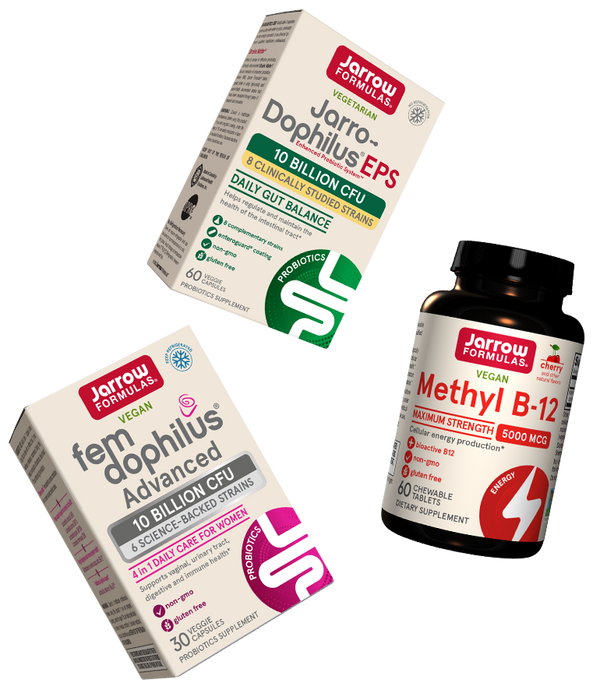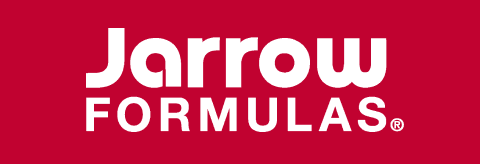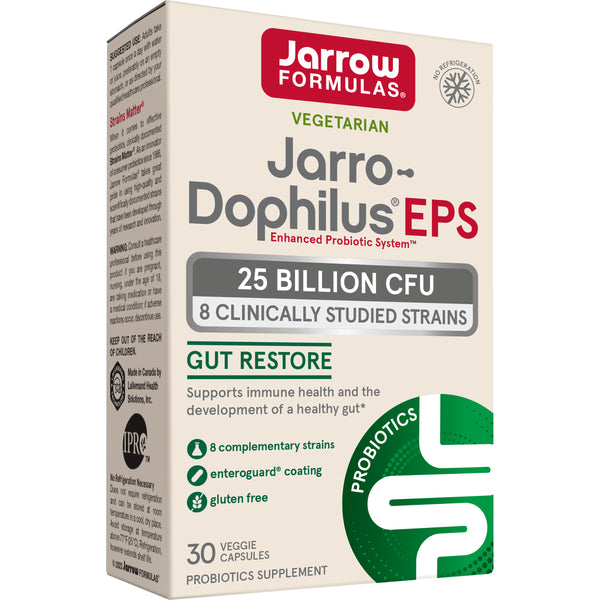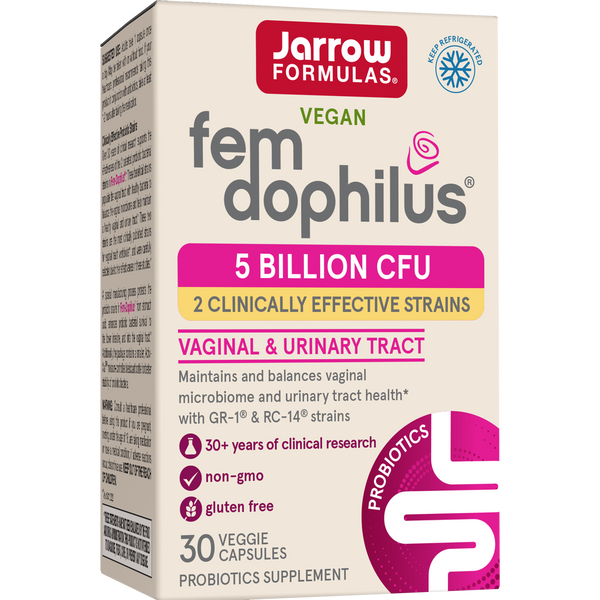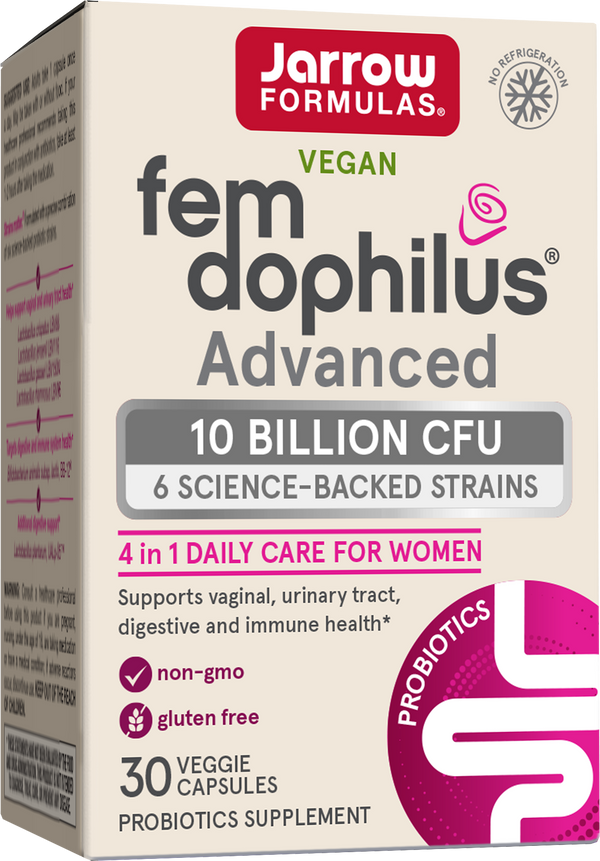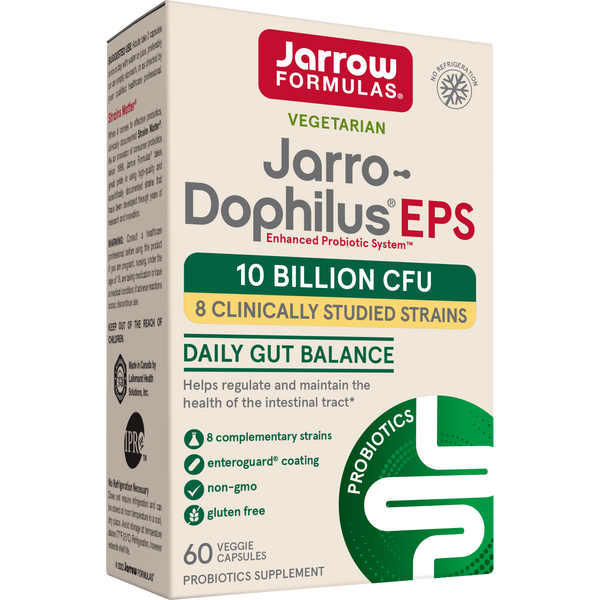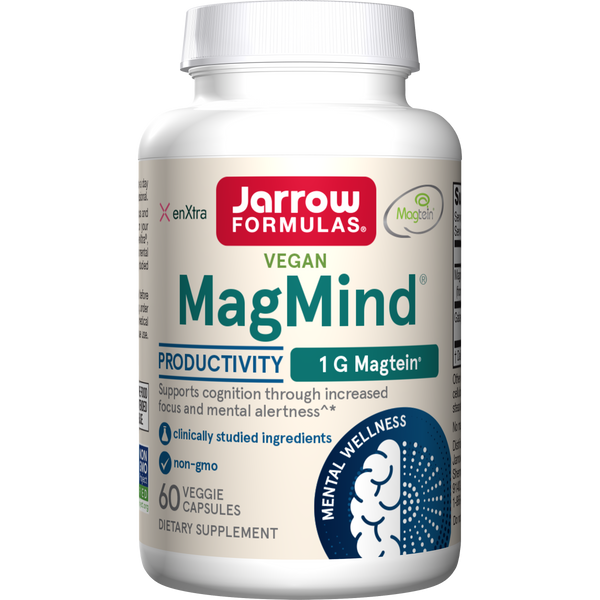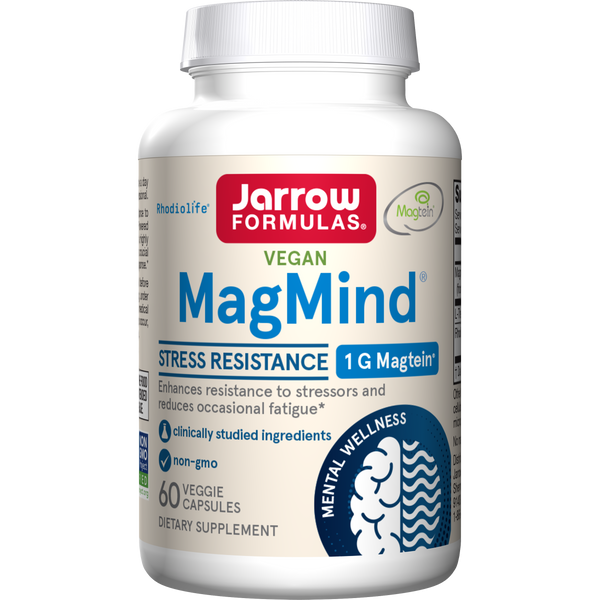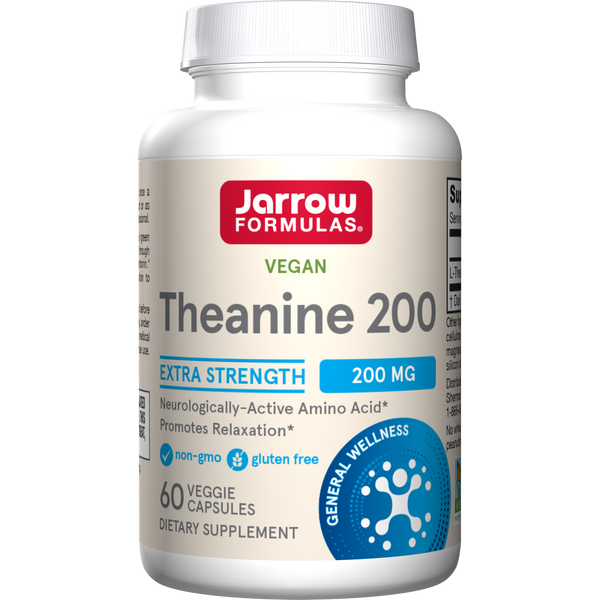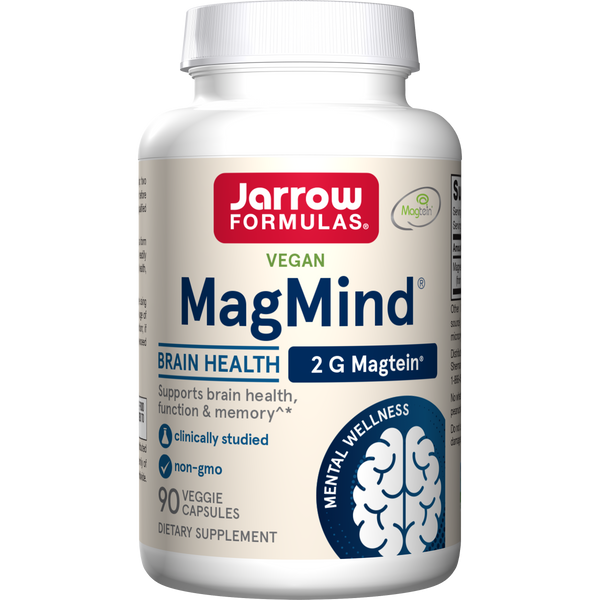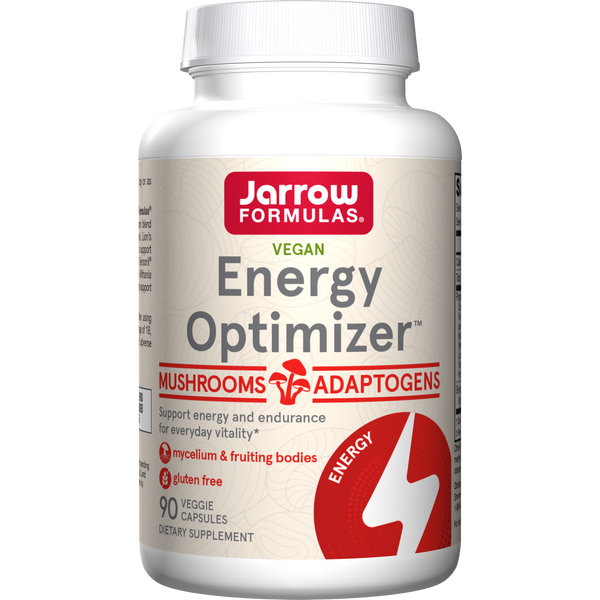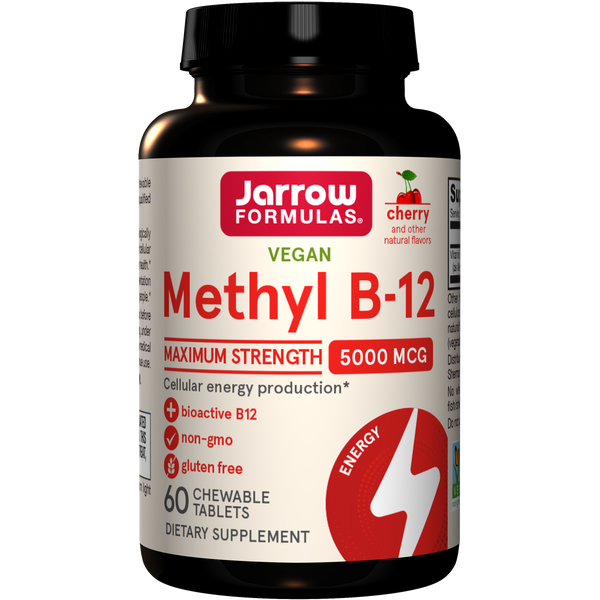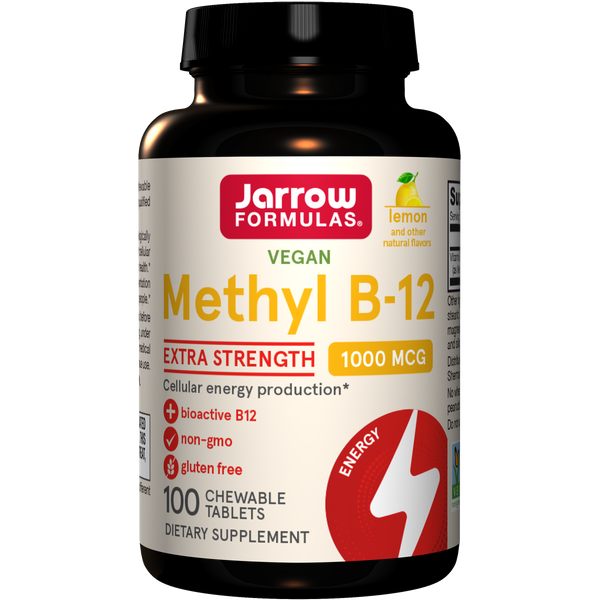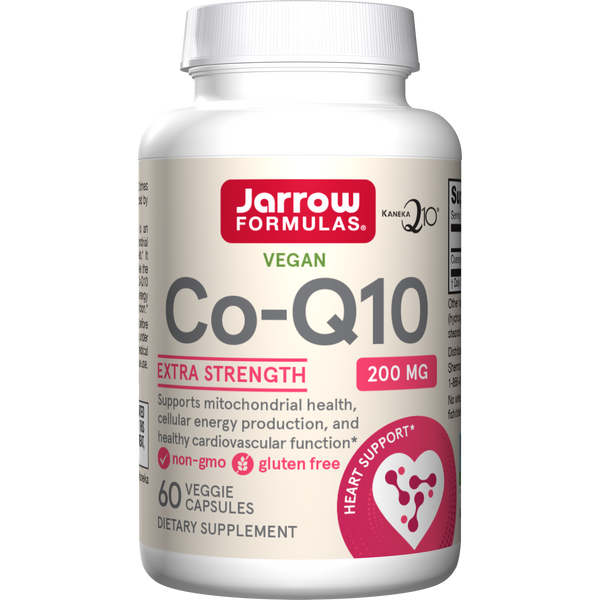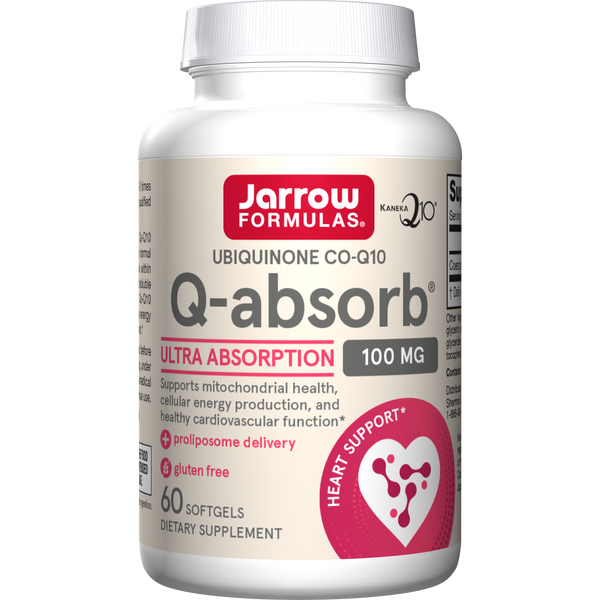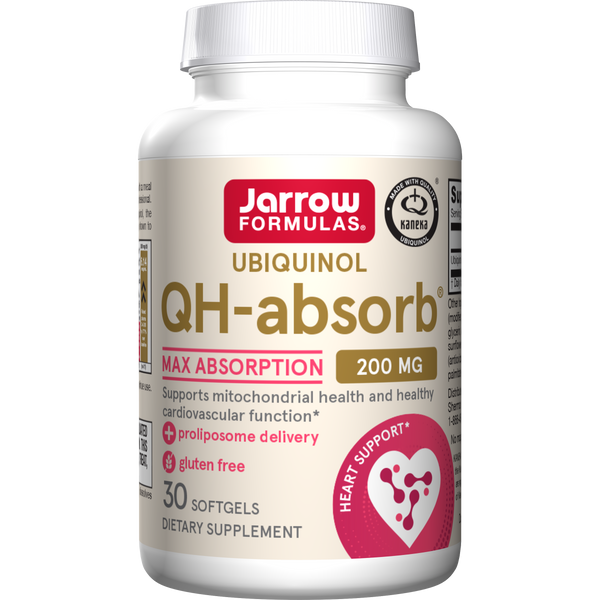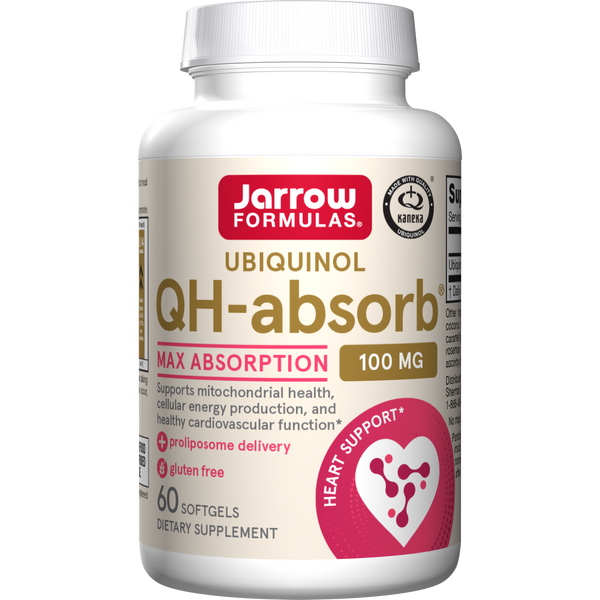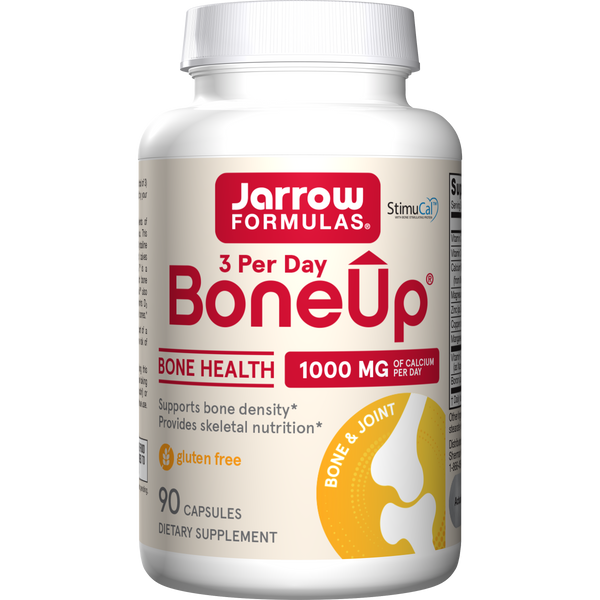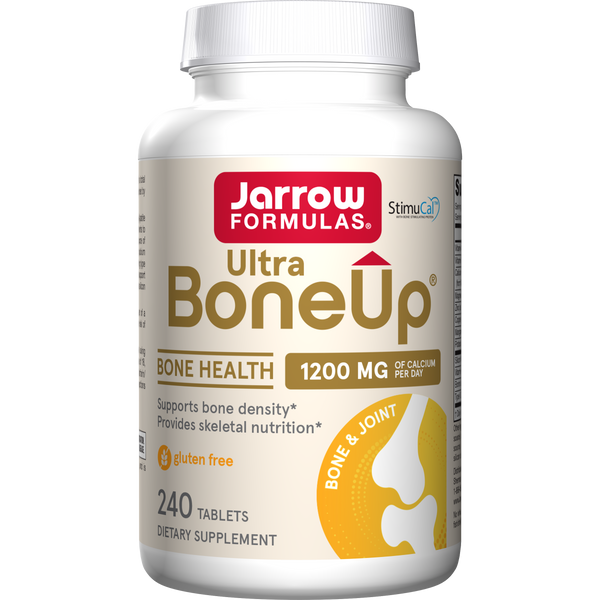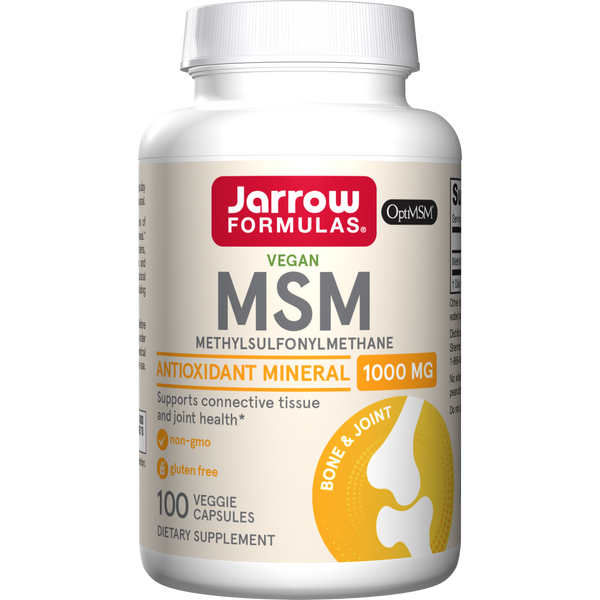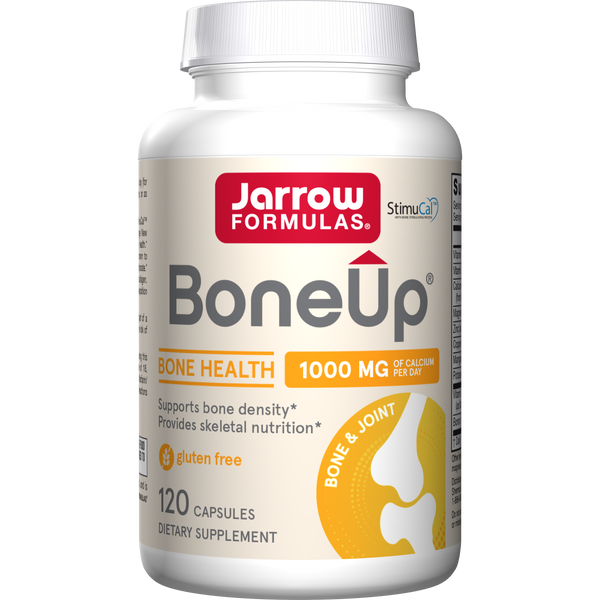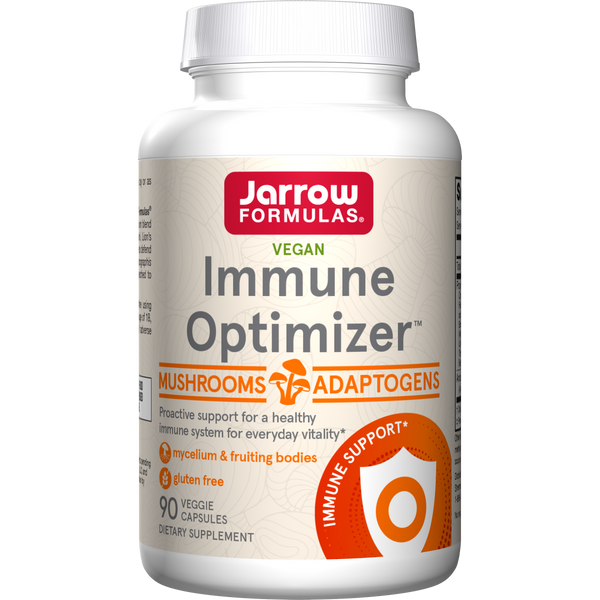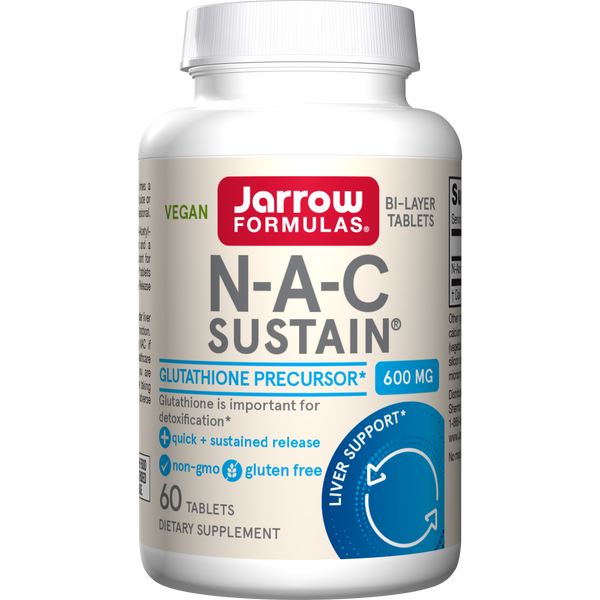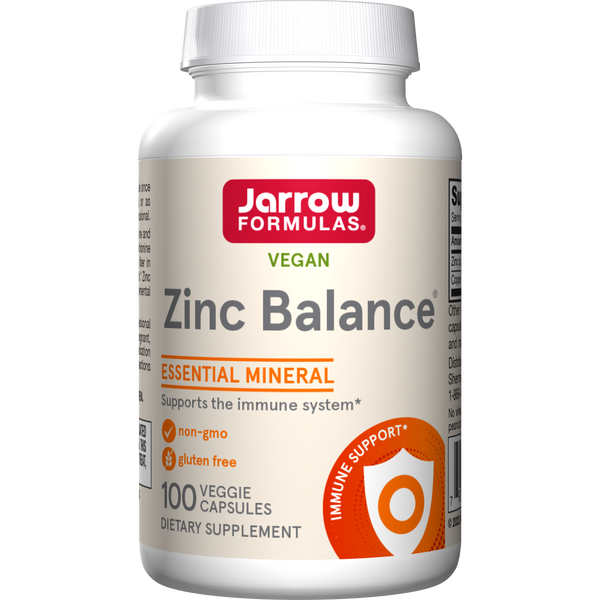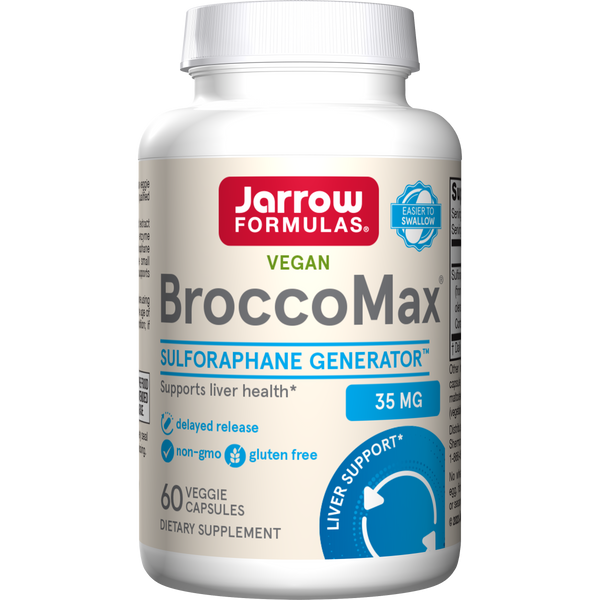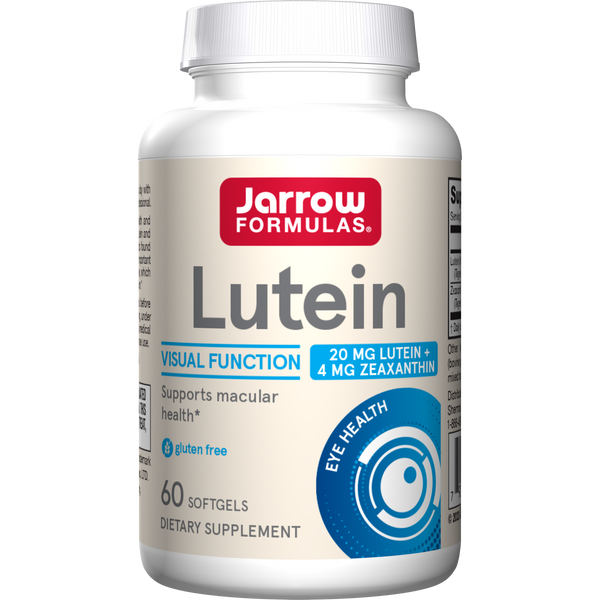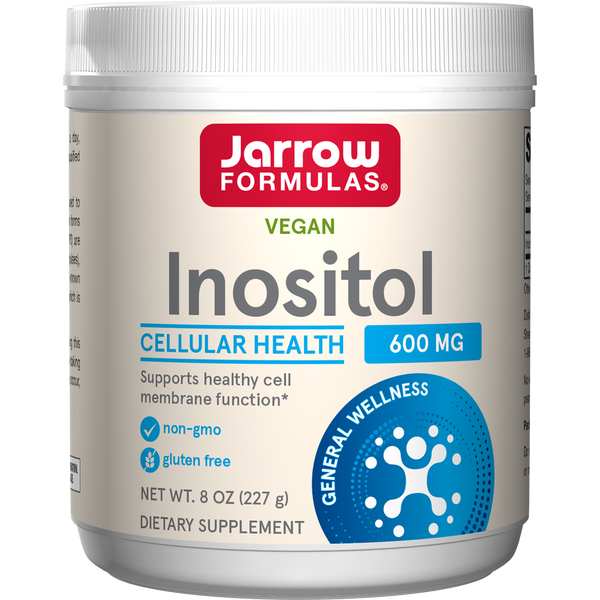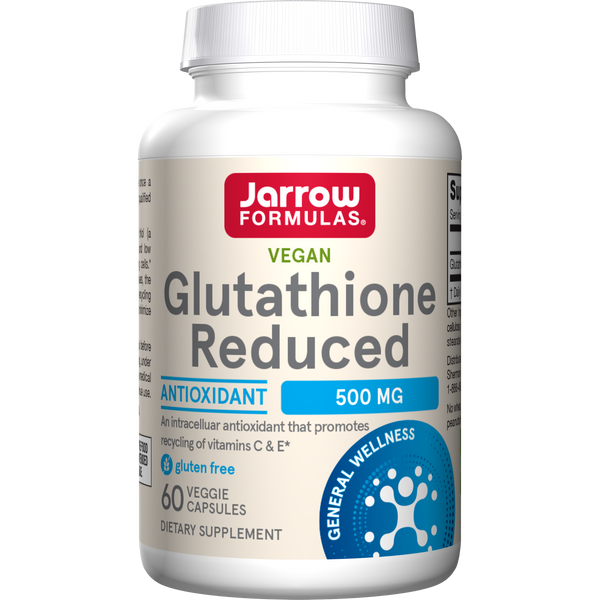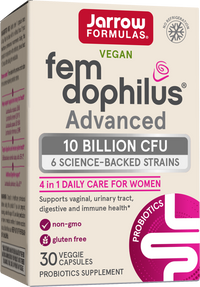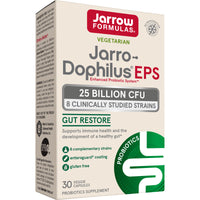Prop 65
What is Proposition 65?
Prop. 65 (Prop. 65) was created to protect drinking water sources from toxic substances that cause cancer and birth defects and to to inform consumers when they are exposed to listed chemicals. The original initiative became the Safe Drinking Water and Toxic Enforcement Act of 1986, better known by its original name of “Proposition 65.” After becoming law in 1986, what was initially focused on drinking water sources has morphed into something far more encompassing. Prop. 65 warnings are used found everywhere in California: restaurants, grocery stores, hospitals, schools, parking lots; rental properties and on many consumer products.
Prop. 65 requires California to publish a list of chemicals known to cause cancer or birth defects or other reproductive harm. This list, which must be updated at least once a year, has grown to include approximately 950 chemicals since it was first published in 1987.
The Office of Environmental Health Hazard Assessment (OEHHA) administers the Prop. 65 program. OEHHA, which is part of the California Environmental Protection Agency (Cal/EPA), also evaluates all currently available scientific information on substances considered for placement on the Prop. 65 list. OEHHA’s website provides more information on Prop. 65, including “Prop. 65 in plaint language” and notices pertaining to Prop. 65 listing and rulemaking. http://www.oehha.org/
How is Prop. 65 Enforced?
One of the most controversial aspects of Prop. 65 is that it allows private parties to sue businesses and retain 25% or any civil penalty assessed plus reimbursement of their attorneys fees and costs In a Prop. 65 “private enforcement action”, the plaintiff may sue if a product or service exposes an individual to any detectible amount of a listed chemical. Then the burden shifts to the defendant (business) to prove at trial that the actual level of exposure does not reach levels that pose a significant risk. To avoid a high cost and lengthy court battle, virtually all defendants settle quickly for the nuisance value of the suit. This has created a cottage industry of private enforces and law firms who sue hundreds, sometimes thousands, of businesses each year.
Are Foods and Dietary Supplements Subject to Prop. 65?
The State of California contends that foods and supplements are subject to Prop. 65, although it has been argued by the food industry that Prop. 65 warnings on food conflicts with federal law and policy. (See People v Tri-Union Seafood). In the case of food and nutritional supplements, the fact that some listed chemicals occur naturally in food creates an especially fertile target for private enforcers. For example, FDA and California both recognize that lead and other metals are is commonly found at detectible levels in most foods. (http://www.fda.gov/Food/FoodScienceResearch/TotalDietStudy/default.htm) The source of these chemicals is uptake from soil. Although Prop. 65 has a “naturally occurring” exemption for foods, in practice it has proven too complex and costly for food companies to use, as the business has the burden of proof at trial. Thus, private enforcers target these naturally occurring chemicals. To prevent these lawsuits, some companies elect to forego invoking the “naturally occurring allowance” and instead provide warnings to their California customers if a listed chemical may be present at any detectible level.
What Warnings are Associated with Prop. 65?
Products currently for sale in California or online may carry a warning that states:
1. For consumer products that contain a chemical known to the state to cause cancer:
"WARNING: This product contains a chemical known to the State of California to cause cancer."
2. For consumer products that contain a chemical known to the state to cause reproductive toxicity:
"WARNING: This product contains a chemical known to the State of California to cause birth defects or other reproductive harm."
Prop. 65 does not ban the sale of any products containing these chemicals; it only requires warnings.
Even when the chemicals listed under Prop. 65 are generally accepted as carcinogens, the labels themselves give no indication as to the actual risk of harm from exposure. Prop. 65 requires that if a chemical causes “one excess case of cancer in 100,000 individuals exposed to the chemical over a 70-year lifetime,” there must be a warning label when that chemical is present. But since the warning label is the same for all products regardless of how much of that chemical is present, it’s impossible for consumers to know whether there is a real risk or whether exposure levels are too low to pose any risk.
How are These Warnings Determined and How Do They Compare to Federal Limits?
Prop. 65 standards for warnings differ from federal labeling guidelines. Under federal law, if a food contains unhealthy levels of toxins, the food is banned from sale. Federal laws disfavor warnings as they can be confusing to the consumer. As indicated above, Prop. 65 is solely a right to know – warning law – and does not ban products. To avoid a warning Prop. 65 levels are stringent. The standard for reproductive warnings were reached by taking the lowest level at which there were no reported health effects on animals and dividing that number by 1000. A Prop. 65 warning does not automatically mean that the product is unsafe.
Because Prop. 65 is a state law, California cannot apply it to sales outside that state, nor can private enforcers sue out of state companies except where they sell in or ship to California. Thus, California product label requirements are not always the same as federal safety requirements. This often leads to warnings on products sold in California, but that are not required on the same product sold outside of California. The products are not different; it’s just that Prop. 65 warnings are required for sales to California consumers.
Additionally, there are various substances that require a California Prop. 65 warning at levels that are far more stringent than federal action limits. One example is lead. The Prop. 65 standard for warnings for lead is 0.5 micrograms per day, which is far more stringent than the FDA standards for lead (75 micrograms per day for adults).
What’s the Difference Between the Warnings?
California places chemicals on the Prop. 65 list based on animal studies. A chemical listed under Prop. 65 as a reproductive toxin has been shown (in laboratory animal studies) to cause male or female reproductive toxicity or developmental toxicity. A chemical listed under Prop. 65 as a carcinogen has been shown (in laboratory animal studies) to cause cancer. These tests are often performed with very high doses of chemicals.
When is a Prop. 65 Warning Required?
The Prop. 65 warnings are required for products sold in the state of California. Jarrow Formulas' Inc. includes the warning on any product shipped within the state or shipped to an online retailer who might sell the product to a consumer in the state of California.
Prop. 65 requires businesses to notify Californians about significant amounts of chemicals in the products they purchase, in their homes or workplaces, or that are released into the environment. By providing this information, Prop. 65 enables Californians to make informed decisions about protecting themselves from exposure to these chemicals.
What Substance is in Jarrow Formulas' Products that Require Warnings?
Heavy metal levels are what require Jarrow Formulas’ products to utilize Prop. 65 warnings. All herbal, fruit, and vegetable materials, by their very nature, are going to contain some level of naturally occurring contaminants, such as heavy metals. (http://www.fda.gov/Food/FoodScienceResearch/TotalDietStudy/default.htm)
Do All Similar Products from Different Manufacturers Have the Warning Labels?
Not every company uses the warning labels on their products. If a company does not issue the warning on their product there could be many reasons. The company may be unaware of Prop. 65, or decide to take the litigation risk, or product at issue could be labeled for sale in the other 49 states and have been shipped to California in error, or sold by a third party (usually an internet seller) who is not aware of the California labeling requirements. A lack of warnings for a product does not necessarily mean that the product is free of the same substances at similar levels. Ironically, if a Prop. 65 warning is not present on a product directed into the California market, it could mean that the manufacturer is not aware or or is not complying with Prop. 65, or that the product has been formulated to remove active ingredients that naturally contain higher levels of listed chemicals. Jarrow and other reputable supplement manufacturers test their products, and welcome consumer’s questions.
Need More Information?
If you want more information, you can always ask the manufacturer to explain the warning/lack of a warning on their product. Just because another brand does not have the warning does not automatically mean that the other brand is free of the substance or has lower levels.
